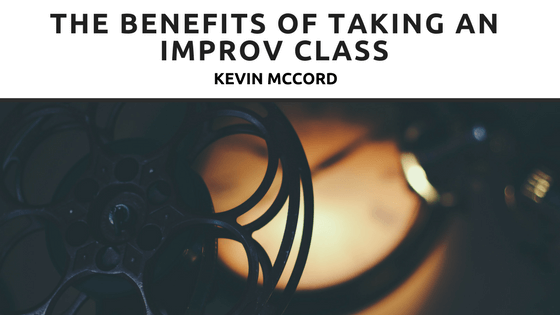Some people might break into a cold sweat just hearing the words “improv class” as they imagine a class of talented aspiring actors bantering and producing original comedy routines on the spot with perfect ease. However, improv classes have become popular with people who have no interest or experience in acting, and experts are touting their benefits. Here are three surprising ways that improv classes could help you live your best life.
Overcome anxiety
If trying to be funny in front of perfect strangers when the rules are constantly changing doesn’t conquer your fear of failure then nothing will! In all seriousness, improv class can be a supportive community where participants learn to “fail easier.”
This can help you learn how to manage the stress of your daily life. Though improv is certainly not the same as therapy, many therapists are now recognizing that classes can complement their work. Gordon Bermant, a psychology professor at the University of Pennsylvania says that “a net of support is constructed from the openness, trust, and acceptance expressed within the ensemble” that is similar to the goals of therapy.
Be a better friend
Because improv exercises focus on situations that constantly change and the ability to adapt to sudden surprises, you might find that you become a better listener to those around you. Everyone gravitates toward the friend who actually takes the time to hear what they are saying rather than someone who is constantly interrupting. Improv actors are trained to respond to situations with a mentality of “yes and.” In other words, accept what’s being proposed and add your unique twist rather than shut another person down. This is a great interpersonal skill that translates to the real world.
Gain confidence in the workplace
Improv classes focus on fact-paced action where actors are forced to make split-second decisions. Experts are starting to realize that growing confidence in these exercises can be transformative for high-stress situations in the workplace. Improv actors learn to trust their instincts, avoid overthinking, shrug off failure, and act confidently, even when the stakes are high. Lakshmi Balachandra, who teaches Improvisational Leadership at MIT Sloan School of Management says that improv can build better leadership and negotiation skills as it teaches participants to think quickly and make decisions on the spur of the moment.
Even if you have no interest in public-speaking or acting, improv class is worth a try. It might take some courage to go to that first class, but the possible benefits are too great to ignore.
